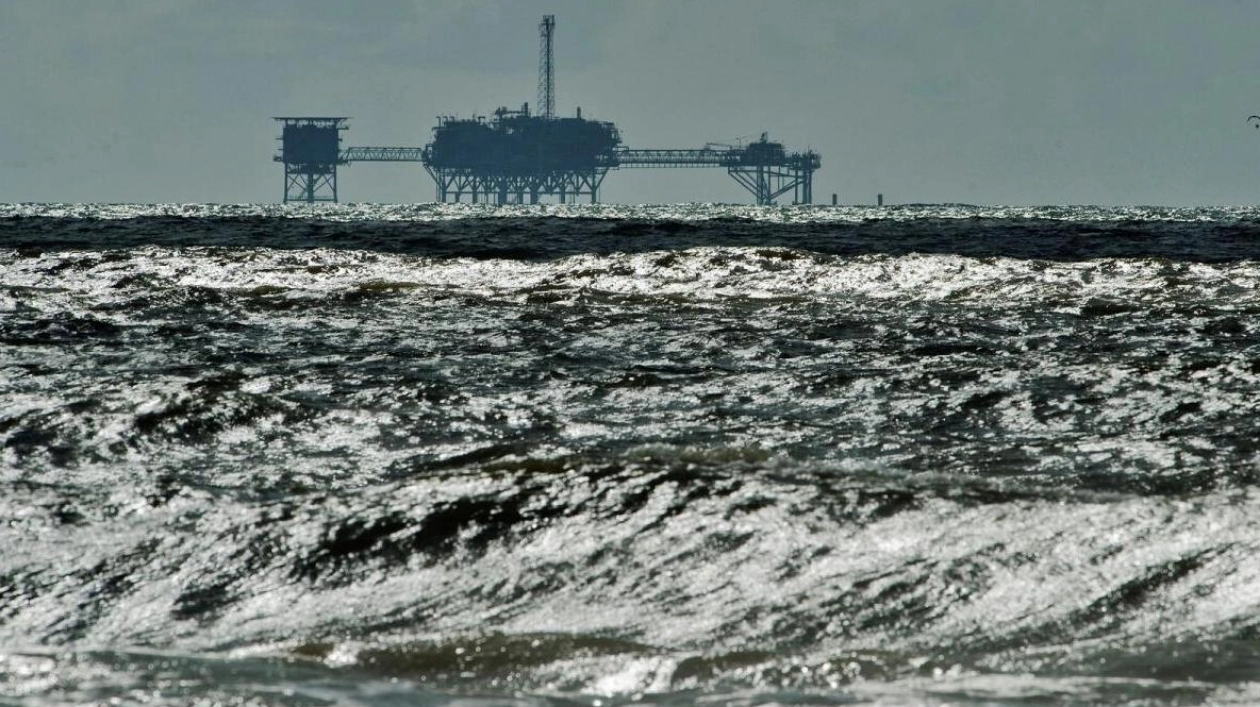Oil prices increased by more than 1% on Monday, as the ongoing effects of Hurricane Francine on production in the US Gulf of Mexico countered persistent concerns about Chinese demand. Brent crude futures for November rose by 92 cents, or 1.28%, to $72.53 a barrel by 1535 GMT. Meanwhile, US crude futures for October climbed by $1.12, or 1.63%, to $69.77.
Nearly 20% of crude oil production and 28% of natural gas output in the Gulf of Mexico remain offline due to Hurricane Francine. "We're still dealing with the aftermath of the storm," said Matt Smith, lead oil analyst at Kpler. "The impact is more pronounced on production rather than refining, which slightly favors a bullish outlook."
However, the market remains cautious ahead of the Federal Reserve's interest rate decision on Wednesday. "For the next two and a half days, the markets will be collectively holding their breath," said Tim Snyder, chief economist at Matador Economics. Traders are increasingly anticipating a 50 bps Fed rate cut rather than 25 bps, as indicated by the CME FedWatch tool that monitors Fed fund futures.
Lower interest rates generally decrease borrowing costs, potentially stimulating economic activity and increasing oil demand. However, a 50 bps cut could also suggest economic weakness in the US, raising concerns about oil demand, according to OANDA analyst Kelvin Wong. Weaker Chinese economic data over the weekend further dampened market sentiment, with the prolonged low growth outlook in the world's second-largest economy reinforcing doubts about oil demand, according to IG market strategist Yeap Jun Rong.
China's industrial output growth, the world's top oil importer, slowed to a five-month low in August, while retail sales and new home prices weakened. China's oil refinery output also declined for the fifth consecutive month due to weak fuel demand and reduced export margins. Both Brent and WTI gained about 1% last week but remain well below their August averages of $78.88 and $75.43 a barrel respectively, following a price slide earlier this month driven partly by demand concerns.






